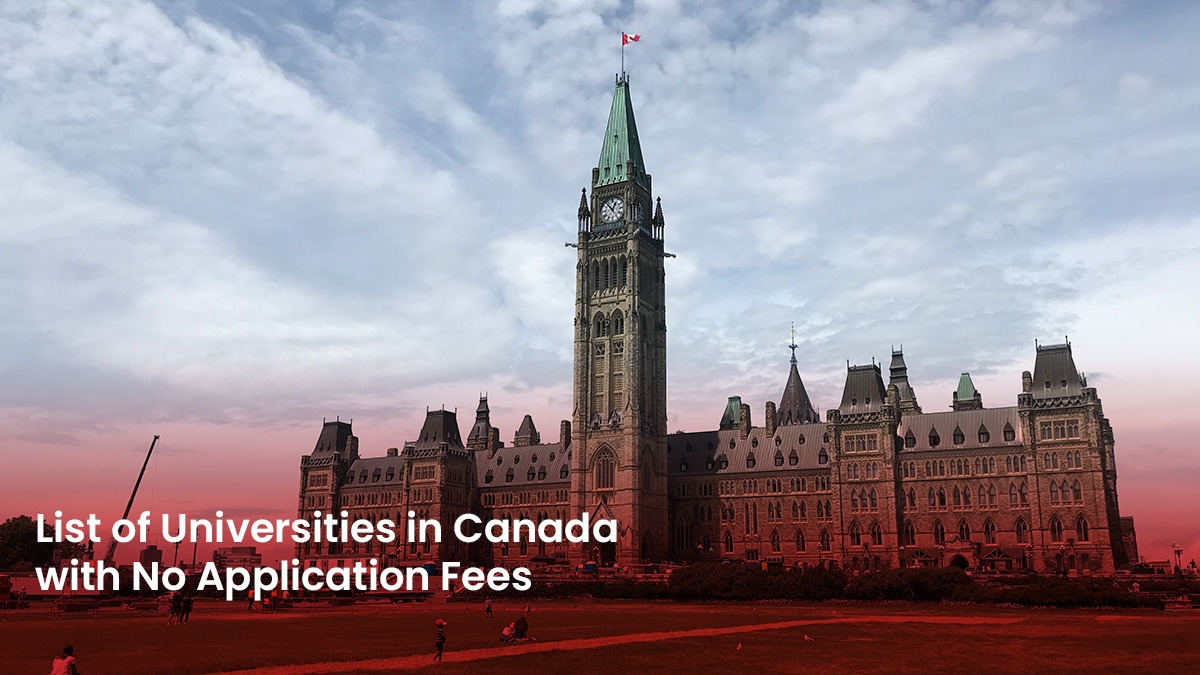Despite being more expensive than on-campusing housing, many international students still prefer private or off-campus accommodation. Naturally, students are more drawn toward independence, freedom, and privacy and private housing can offer all that.
However, many students experience complications in their stay due to a lack of adequate research. They often make mistakes that are different to resolve and recover from.
If you’ve decided that off-campus accommodation is for you, there are key things that you must know. Living off-campus while studying in Canada has certain terms, so you must recognize them before signing that tenancy agreement.
Different Types of Off-Campus Housing in Canada
Here are your private housing options in Canada:
- Single-Detached – There are single-detached housings with one story or bungalows, while others have two to three stories. These housings only have one living space.
- Duplex – A duplex is a building that usually has two living spaces. These living spaces are also referred to as apartments in Canada.
- Bachelor Apartment – This accommodation has one large room only, which you can transform as both your living and bedroom space. Bachelor apartments are also furnished with a kitchen and a full bathroom.
- Private Rooms – Renting a private room means you’re renting space in someone’s home. You’ll usually have access to the kitchen, bathroom, and living area depending on the terms of the homeowner.
Lease and Damage Deposit
When you opt for private housing, there are certain matters that you have to deal with. These are often unique to off-campus accommodations and must be followed under Canadian law.
First, you must determine the length of your lease before signing one. It’s pretty common for the lease to range from 9–10 months.
Second, you’re required to submit payment for the first month. Also, you shouldn’t find it suspicious if your landlord immediately asks for the last month’s rent. This is consistent with the law to protect the landlord.
Third, you need to pay a damage deposit. This is an amount determined by your landlord that you must pay before you move in. Usually, the damage deposit costs as much as one month’s rent.
If you damage the place during your stay, the landlord gets to keep the damage deposit to cover repairs. If no damage was done, the landlord will return the money.
Legal Agreement With a Landlord
A legal agreement with a landlord occurs the moment you sign the lease. Both you and your landlord have certain obligations to meet, otherwise, you would breach the agreement.
Your landlord must provide everything listed on the lease. Some of those may include utilities like electricity and water. He or she must also maintain the good state of your place.
As a tenant, you are obliged to pay the rent on time and maintain order and cleanliness. You must also immediately contact your landlord if there are any issues such as damages.
Understanding how off-campus housing works in Canada is vital for your stay. Flip through our articles here at MSM Unify to learn more about student accommodation in Canada.
















































